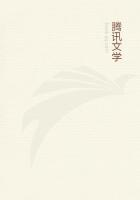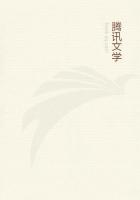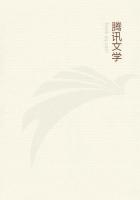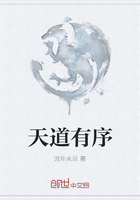The next question is whether the principles are two or three or more in number.
One they cannot be, for there cannot be one contrary. Nor can they be innumerable, because, if so, Being will not be knowable: and in any one genus there is only one contrariety, and substance is one genus: also a finite number is sufficient, and a finite number, such as the principles of Empedocles, is better than an infinite multitude; for Empedocles professes to obtain from his principles all that Anaxagoras obtains from his innumerable principles. Lastly, some contraries are more primary than others, and some arise from others-for example sweet and bitter, white and black-whereas the principles must always remain principles.
This will suffice to show that the principles are neither one nor innumerable.
Granted, then, that they are a limited number, it is plausible to suppose them more than two. For it is difficult to see how either density should be of such a nature as to act in any way on rarity or rarity on density. The same is true of any other pair of contraries; for Love does not gather Strife together and make things out of it, nor does Strife make anything out of Love, but both act on a third thing different from both. Some indeed assume more than one such thing from which they construct the world of nature.
Other objections to the view that it is not necessary to assume a third principle as a substratum may be added. (1) We do not find that the contraries constitute the substance of any thing. But what is a first principle ought not to be the predicate of any subject. If it were, there would be a principle of the supposed principle: for the subject is a principle, and prior presumably to what is predicated of it. Again (2) we hold that a substance is not contrary to another substance. How then can substance be derived from what are not substances? Or how can non-substances be prior to substance?
If then we accept both the former argument and this one, we must, to preserve both, assume a third somewhat as the substratum of the contraries, such as is spoken of by those who describe the All as one nature-water or fire or what is intermediate between them. What is intermediate seems preferable; for fire, earth, air, and water are already involved with pairs of contraries. There is, therefore, much to be said for those who make the underlying substance different from these four; of the rest, the next best choice is air, as presenting sensible differences in a less degree than the others; and after air, water. All, however, agree in this, that they differentiate their One by means of the contraries, such as density and rarity and more and less, which may of course be generalized, as has already been said into excess and defect. Indeed this doctrine too (that the One and excess and defect are the principles of things) would appear to be of old standing, though in different forms; for the early thinkers made the two the active and the one the passive principle, whereas some of the more recent maintain the reverse.
To suppose then that the elements are three in number would seem, from these and similar considerations, a plausible view, as I said before. On the other hand, the view that they are more than three in number would seem to be untenable.
For the one substratum is sufficient to be acted on; but if we have four contraries, there will be two contrarieties, and we shall have to suppose an intermediate nature for each pair separately. If, on the other hand, the contrarieties, being two, can generate from each other, the second contrariety will be superfluous. Moreover, it is impossible that there should be more than one primary contrariety. For substance is a single genus of being, so that the principles can differ only as prior and posterior, not in genus; in a single genus there is always a single contrariety, all the other contrarieties in it being held to be reducible to one.
It is clear then that the number of elements is neither one nor more than two or three; but whether two or three is, as I said, a question of considerable difficulty.

